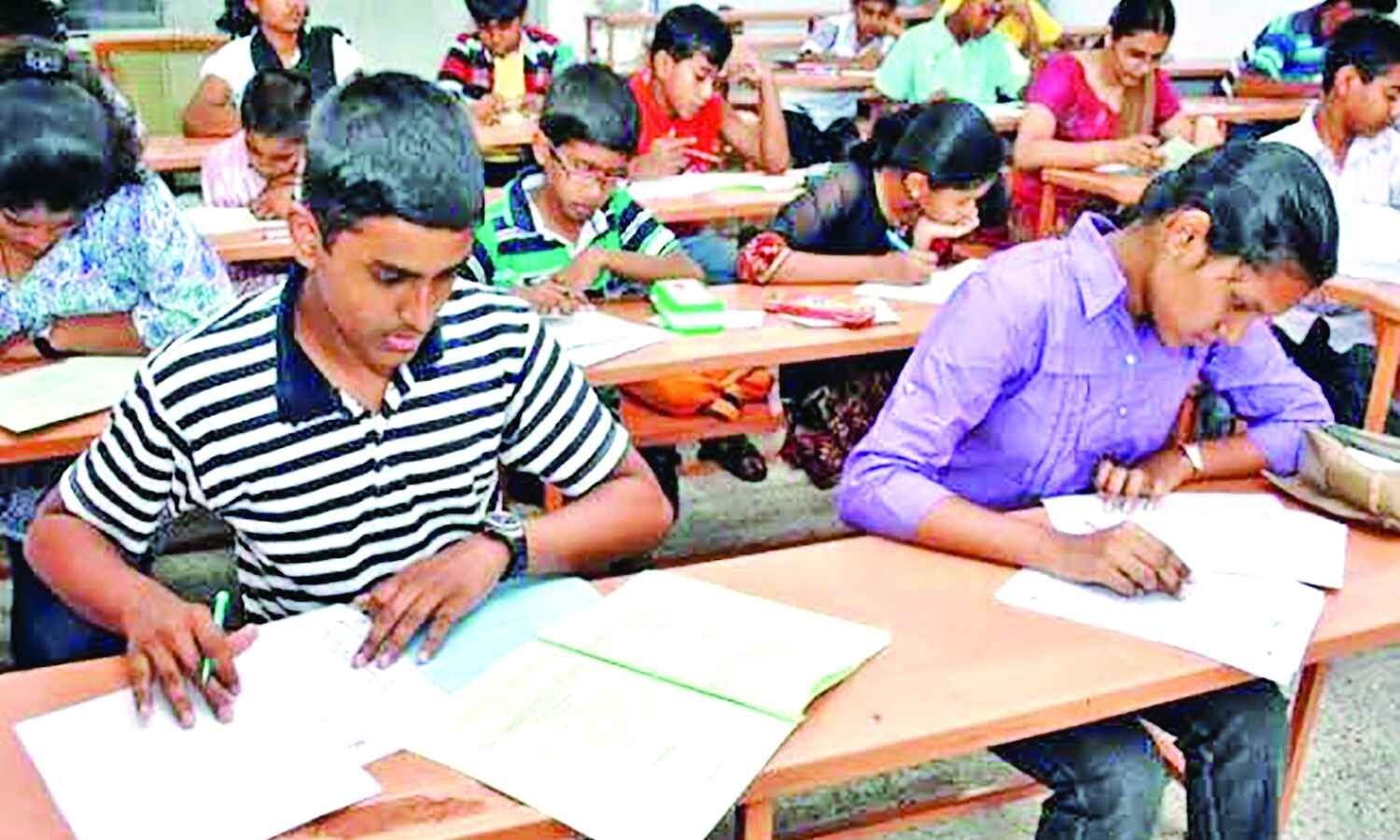Balanced approach needed on conducting CBSE board exams twice a year
While this proposal aims to ease student anxiety, it also raises several academic and logistical concerns.

Representative image
CHENNAI: To address the concern that a single examination determining their future was putting on stress on lakhs of students across India who prepare for their board exams, the Central Board of Secondary Examination (CBSE) is exploring the option of conducting board exams twice a year - once in February-March and again in May.
While this proposal aims to ease student anxiety, it also raises several academic and logistical concerns.
The benefits of two exam attempts
Reduced pressure: A second opportunity allows students to perform without the fear of a single, high-stakes exam defining their academic future. Those who do not perform well in the first attempt can improve their scores in the second.
Better academic outcomes: Some students may struggle with particular subjects despite strong overall performance. A second attempt allows them to focus on improving weak areas without retaking the entire set of exams.
Alignment with the National Education Policy (NEP) 2020: The policy promotes flexibility in assessments, encouraging a system where students are not burdened by a one-time high-stakes exam.
More inclusive system: Students facing unforeseen difficulties, such as illness or personal crises, won’t have to wait an entire year to reappear for their exams.
Challenges and concerns
Continuous exam pressure: Instead of reducing stress, two exam cycles may make students feel pressured to perform twice. Many may feel compelled to take both attempts even if they perform well in the first.
Logistical and administrative burden: Conducting board exams twice a year means double the workload for CBSE, schools, and teachers, who would need to coordinate two sets of exam papers, invigilation, and evaluations within a short period.
Impact on teachers: The proposed May exam schedule overlaps with the only break teachers get before the new academic session, potentially affecting their well-being and preparedness.
College admissions and result timing: If students take the second attempt in May, college admissions could be delayed, creating confusion for universities and students alike.
A middle path: Controlled flexibility
Instead of conducting full-fledged board exams twice a year, a more practical approach is to allow students to reappear for only one or two subjects in which they want to improve their scores. The students will also be able to use the better of the two scores.
This ensures that students get a chance to enhance their performance without feeling the pressure of writing all subjects again; administrative burden on CBSE and schools is minimised; teachers are not overburdened with back-to-back exams and result processing; and college admissions are not disrupted as most results will be finalised after the first attempt.
Additionally, students should have the flexibility to decide whether to reattempt subjects either after completing the first exam or after receiving their results. This prevents unnecessary reattempts while allowing students to make informed choices.
Pilot before full implementation
Given the complexities involved, the board should first conduct a pilot run for one to two years to evaluate how many students actually opt for the second attempt; whether this reduces stress or inadvertently adds to it; the impact on teacher workload and school administration; and the effectiveness of the system in improving student outcomes. Based on real data from the pilot, CBSE can refine the policy before rolling it out nationwide.
While the idea of conducting CBSE board exams twice a year aims to support students, it must be implemented with caution. A well-designed middle path and pilot run will help CBSE assess its feasibility, ensuring that the policy truly benefits students without creating unintended challenges.
This approach aligns with the evolving needs of modern education while keeping student well-being at the forefront. If executed well, it could be a game-changer in making board exams more student-friendly without overwhelming the system.
(The author is the chairman of eVidyaloka, a not-for-profit social enterprise that works with rural government schools)



